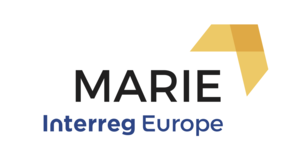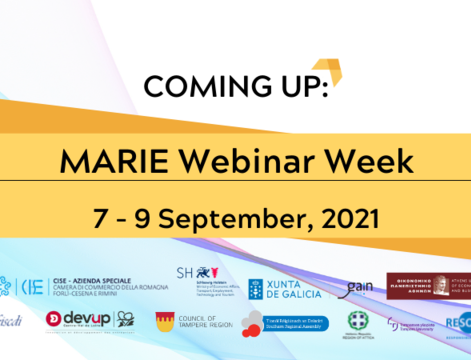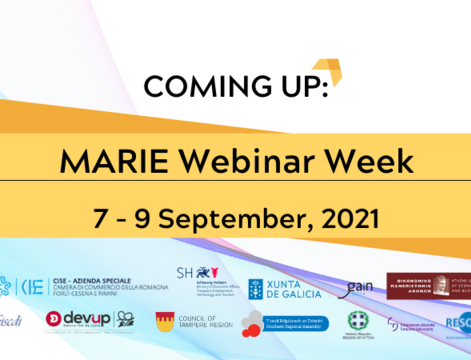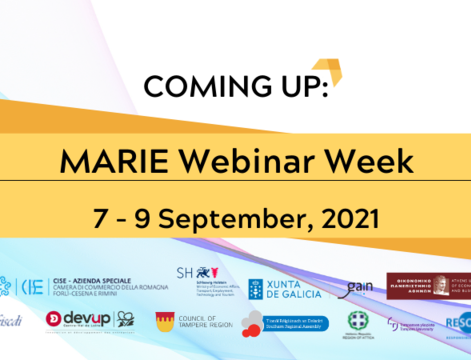The 4th Nordic Science and Technology Studies conference was held at Tampere University, Finland, on 13–14 June 2019. The biennial Nordic STS conference promotes exchange of ideas and collaboration among STS scholars, providing a regional forum on-going research, networking, and initiating new ideas and conversations. The Nordic STS conference has been organised since 2013, when the Centre for Technology, Innovation and Culture/TIK at University of Oslo took the initiative of organising the first conference.
The 4th conference was organised in collaboration with The Finnish Society for Science and Technology Studies and the Research Center for Knowledge, Science, Technology and Innovation Studies, Tampere University.
During the conference, the session “Responsible Research and Innovation in Science and Technology” included 4 presentations.
During the first presentation, Mika Nieminen from VTT Technical Research Centre of Finland described challenges and opportunities for the implementation of RRI in the EU RDI. In this presentation he asked how well RRI related aspects as defined by European Commission “keys” (public engagement, research ethics, gender equality, science education, open access, governance) and “three Os” (Open access, open science, open to the world) have been understood and integrated so far in in the European Commission’s RDI activity. The H2020 project “NewHoRRIzon” (https://newhorrizon.eu/) gathered data to analyse the status of RRI in the EC programmes and discussed what kind of policy actions would be needed to further strengthen its position. Results from documentary analysis and interviews indicate that in many cases the concept of RRI is not an integral part of programmes, albeit various components of RRI are integrated and used as targets and guidelines in.
In their presentation on ethical design of technology R&D, Janika Miettinen, Veikko Ikonen and Minna Kulju from VTT Technical Research Centre of Finland argued that the RRI framework is still lacking concrete and practical approaches for its coherent integration into technology research and development process. It does not yet guarantee responsibility of both the research activities and outcomes. They presented their experiences of implementing RRI in a technology development project through an ethical design approach. The presentation concentrated on H2020 funded SNIFFPHONE (https://www.sniffphone.eu/) and recently launched VOGAS (https://www.vogas.eu/) projects that develop new sensor based technology for disease detection. The approach will be further developed in the A-patch project, also focusing on disease detection technologies.
Elisabeth Unterfrauner, Ilse Marschalek, Maria Schrammel and Lisa Seebacher from the Austrian Centre for Social Innovation presented their experiences from the NewHoRRIzon project (H2020), in relation to use of Social Labs to promote the uptake of RRI. NewHoRRIzon aims at supporting RRI through a broader uptake of so called “Social Labs” in funding programme lines. All over Europe, 19 Social Labs have been established to address the diverse topics of the H2020 Work Programme. Within those labs, 59 pilot activities have been developed so far, most of them are currently under way and will be evaluated in May 2019 at the end of a first common learning cycle. The formats and goals of these pilot activities vary, encompassing analysis and assessment tools, case studies, workshops, trainings, dissemination and awareness activities, or document analysis.
The last presentation of Anna Ciechomska from Tampere University and Mika Raunio from Migration Institute of Finland focused on experiences from the implementation of Interreg Europe MARIE Project in Tampere region.
The conference was a great success, with 221 registered participants taking part in 176 presentations organized in 26 sessions. The conference had an international character, with 164 participants from 4 Nordic countries and 57 participants from 21 other countries.
Here the event link, for more information: events.uta.fi/nordicsts2019/










